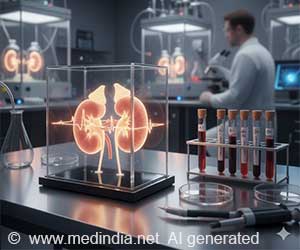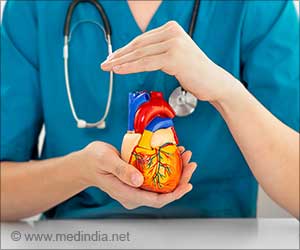India's Department of Biotechnology has decided to give a big push for research in tissue engineering aimed at eventually creating human organs.

TOP INSIGHT
Growing the whole organ like a heart to replace the damaged one or regenerate a new kidney from a patient's own cells would be a leap forward.
The Department announcement says the above were "candidate" organs for development but scientists may propose for funding any other organ for regeneration "provided there is a clear credible evidence for such a choice".
Tissue engineering is a multi-disciplinary field which evolved from the field of biomaterial development. It refers to the practice of combining scaffolds, cells and biologically active molecules into functional tissues.
It has become an established protocol for the bioengineering of living tissues using engineered "scaffolds" that cells can populate and allow for regeneration of tissues that can be fully functional.
Elsewhere in the world, bladders, small arteries, skin grafts and cartilage have been implanted in patients, but the procedures are still experimental and tissue engineering plays only a small role in patient treatment.
According to the Department, the success of tissue engineering methods has now generated strong interest in the next level of whole organ development wherein the tools of tissue engineering are integrated with engineering and process technologies, molecular biology and developmental biology to generate working organs for transplant.
The project is being launched in a "mission mode" -- meaning high priority -- "with the specific goal of translating the results to clinical trials", but the Department's Kakali Dasgupta, who is in charge of the project, declined to reveal the budget allotted for it.
Source-IANS
 MEDINDIA
MEDINDIA


 Email
Email




